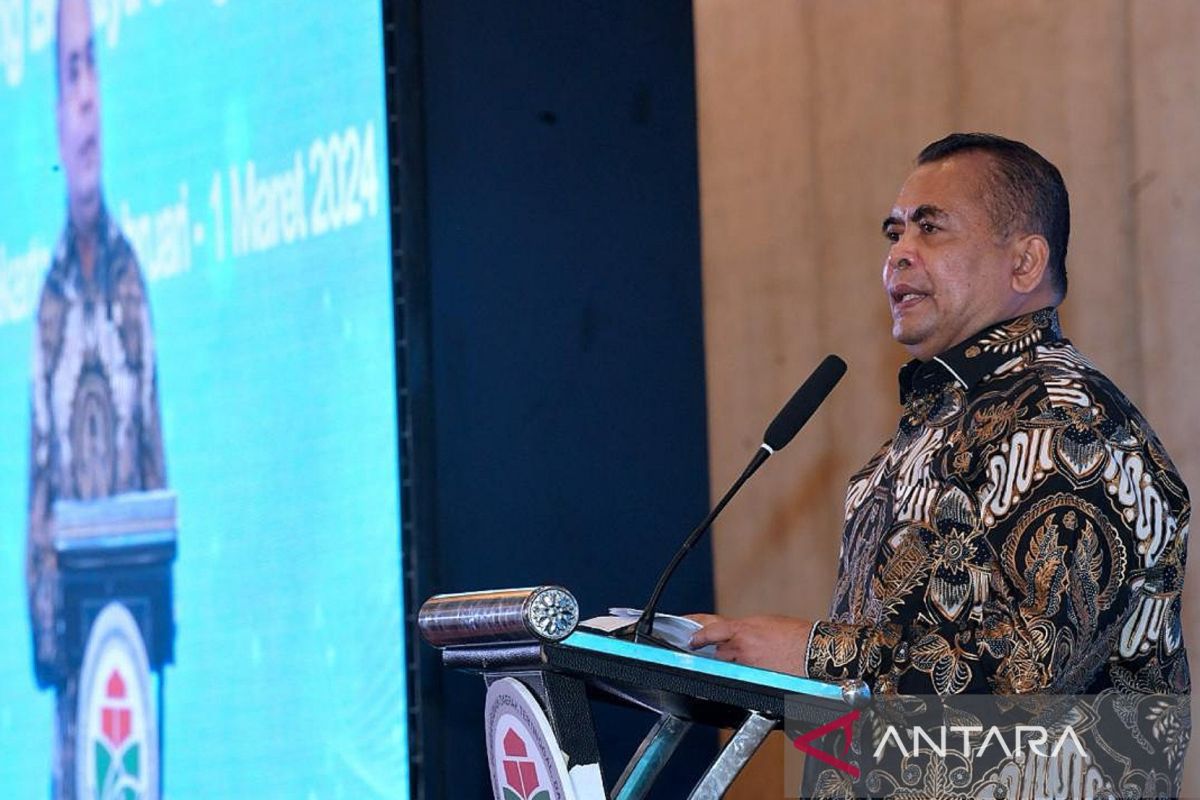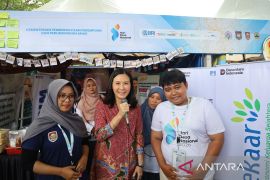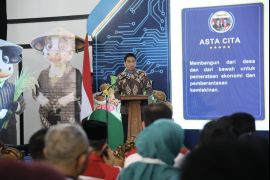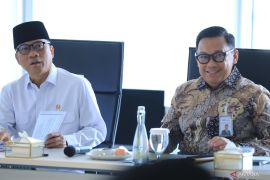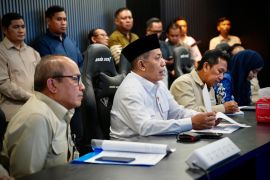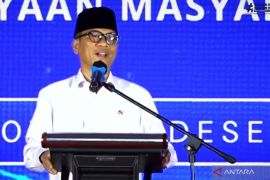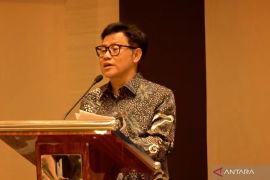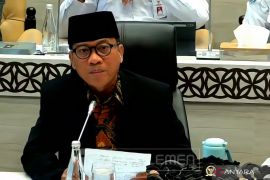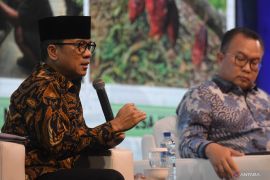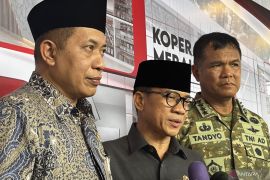"With the transformation, villages will be more innovative and creative in utilizing local wisdom-based potentials and resolving their issues," Raharjo said, as per a written statement received here on Thursday.
The deputy minister delivered the remarks at the opening of the ministry's coordination meeting on improving community quality and social accountability on Wednesday (February 28, 2024) evening.
The transformation must have a social aspect by strengthening the social-cultural modal quality and an economic aspect by making villages new sources of economic growth, he said.
The deputy minister also highlighted the need for transformation for establishing inclusive village administration by optimizing village resource potential and improving human resource quality.
Raharjo said that the implementation of Law No. 6 of 2014 on Villages for the last decade has had significant effects on village development.
According to the Developing Villages Index (IDM), the number of "self-sufficient villages" increased to 11,456 in 2023 from 174 in 2014. Likewise, the number of "advanced villages" was 23,035 in 2023, up from 3,608 in 2014.
"Apart from the increasing number of self-sufficient and advanced villages, we also record an 80-percent increase in village resident income per capita and low economic disparity, as showed by the Gini ratio value that did not exceed 0.320," the deputy minister informed.
Despite the success, Raharjo said, villages are continuing to face a huge challenge in poverty alleviation.
The 2020–2024 National Mid-Term Development Plan (RPJMN) mandated the ministry to reduce the poverty rate to 9.9 percent by 2024-end, he noted.
However, the COVID-19 pandemic and the ensuing global economic crisis led to the forecast getting missed, bringing the currently feasible poverty reduction target in the range of 9.9 to 12.10 percent, he added.
He expressed the hope that the coordination meeting would formulate strategies to accelerate efforts to reach the 2020–2024 RPJMN targets, especially on the village development aspect.
"We also expect the coordination meeting to formulate the 2025–2029 RPJMN draft with a focus on transforming village development to realize competitive and sustainable self-sufficient villages to achieve the 2045 Golden Indonesia vision," he said.
Related news: Indonesia highlights village development achievements at ICESCR forum
Related news: Digital village development a necessity: KSP
Related news: Minister discusses village development measures with Timor-Leste
Translator: Tri Meilani A, Nabil Ihsan
Editor: Azis Kurmala
Copyright © ANTARA 2024
